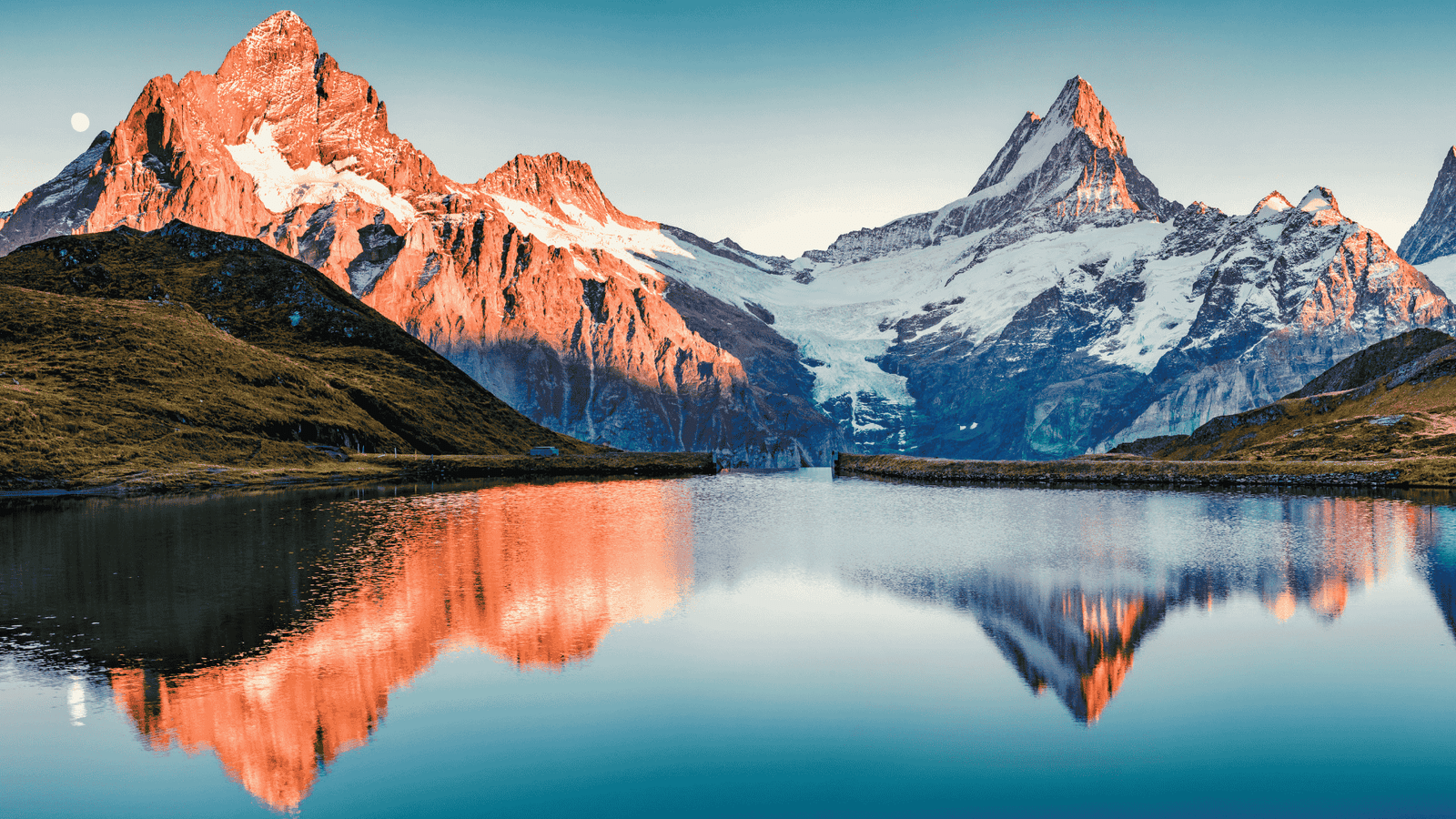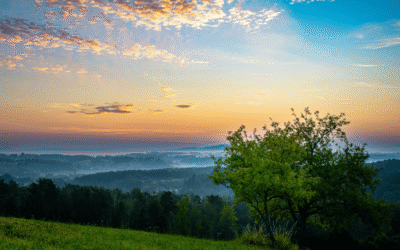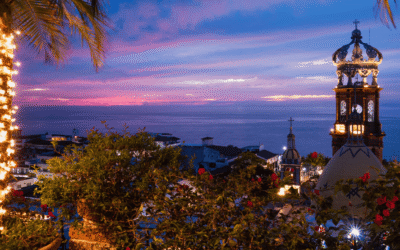Volatility is no longer a phase we pass through; it is the environment we live in. Geopolitical unrest, digital surveillance, brittle supply chains, and the slow-motion erosion of trust in institutions have pushed one reality into sharp focus for anyone paying attention. True resilience has replaced flash as the ultimate luxury. It does not photograph well for Instagram, but it sleeps better at night.
Solitude. Security. Peace of mind.
Those three words are not marketing copy. They are the only metrics that still matter when everything else stops working. Why? You Already Know This Is Coming. You have spent a career diversifying assets, yet almost no one you know has diversified the single asset they actually live on: the ground beneath their feet. Wealth has always bought options – until the day it doesn’t. History is brutally consistent on that point.
An autonomous rural platform is not an escape. It is insurance written in dirt, water, and watts. It places you and the people you are responsible for outside the single points of failure that now define modern life: aging city grids, just-in-time food delivery, hospitals at capacity, and governments whose first instinct in crisis is control, not competence.
The quiet land rush is already underway. The buyers are not the loudest voices on social media. They are the same families who moved capital out of Russia in 2013, out of Hong Kong in 2019, and out of coastal California in 2021. They do not talk about it; they act.
How These Platforms Actually Work
Nothing here is theoretical. These places already exist and already run.
Site selection is everything, with the sweet spot usually 75–150 miles from the nearest major city – close enough for a day trip, far enough to be irrelevant in a regional crisis.
Natural barriers, proven water tables, four-season growing potential, and distance from obvious target sets are non-negotiable. The Ozarks, the Inland Northwest, and certain slices of the Appalachian chain have been quietly checked off that list for decades.
Power is layered, never singular: high-efficiency solar with oversized battery banks, micro-hydro or geothermal if the site allows, and propane or diesel backups that are exercised monthly. One is none. Three is barely adequate.
Water is treated like currency: deep wells, protected springs, 50,000- to 100,000-gallon cisterns, and medical-grade filtration. When the municipal pumps stop, you don’t even notice.
Food is part of the balance sheet. Orchards planted for staggered harvests, rotational grazing for cattle and sheep, dual-season high tunnels, geothermal greenhouses, and a walk-in cooler that can hold two years of calories.
Seed banks, soil biology programs, and a full-time grower mean the grocery store becomes optional, not existential.
Medical capability is no longer an afterthought. A dedicated trauma room, pharmacy stock rotated every six months, surgical instruments, dental suite, telemedicine backbone, and at least two people on-site who can start an IV in the dark. The last three years removed any debate about whether this is overkill.
Security is invisible until it isn’t. The properties that last are the ones that look like working farms from the county road. Long, boring driveways, dogs that earn their keep, cameras that record but never transmit unless asked, and a handful of quiet men and women who already know which fields of fire matter. Nothing screams “target” because nothing looks like it is hiding anything.
People are the real asset. A platform without a loyal, trained crew is just expensive real estate. Pilots, growers, mechanics, medics, and teachers all live on the land; everyone trains together, and everyone understands that the goal is to keep the outside world irrelevant, not to fight it.
The Bottom Line
Passive wealth is dying. The next generation of leadership will be measured by who still has options when the crowd has none. A well-executed autonomous rural platform is not about waiting for the end of the world. It is about removing any chance that the world can end yours. If that kind of margin appeals to you, let’s talk. Ready when you are.
Secure a confidential consultation.
The content of this publication is provided for general informational and educational purposes only and represents the personal views of the author. It is not, and should not be construed as, financial, investment, tax, legal, or other professional advice, nor is it an offer, solicitation, or recommendation to buy or sell any product, security, or service. Calculated Risk Advisors and its affiliates expressly disclaim all liability for any actions taken or not taken based on the information contained herein. Readers are urged to consult qualified independent advisors before making any financial, legal, tax, or estate-planning decisions.
© 2025 Calculated Risk Advisors. All rights reserved.





0 Comments